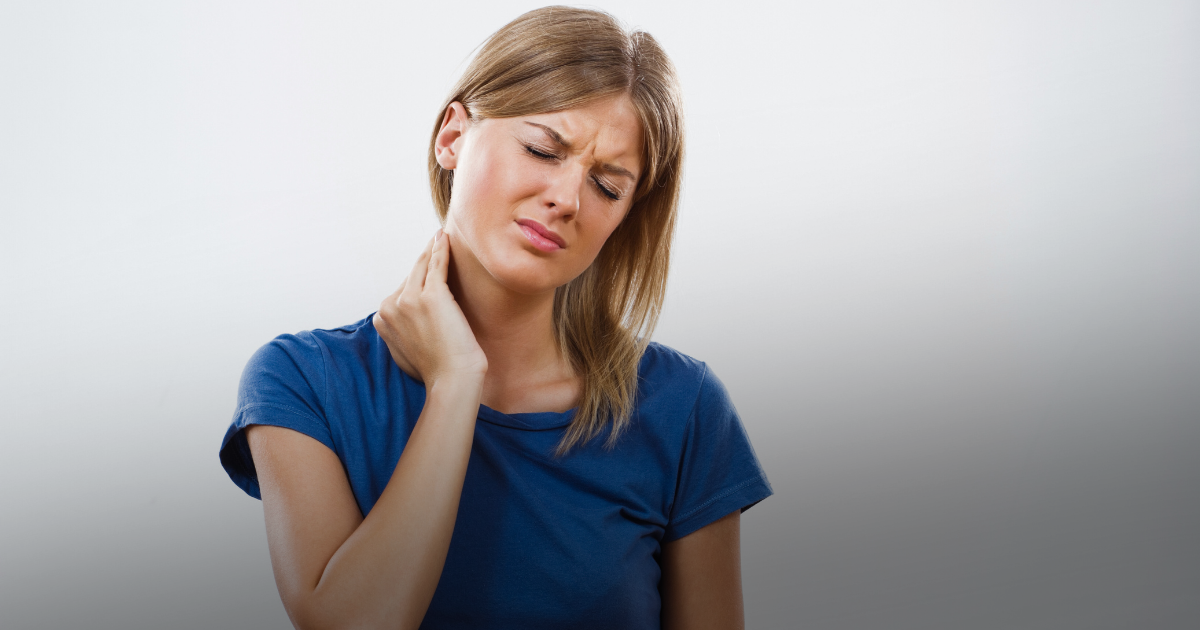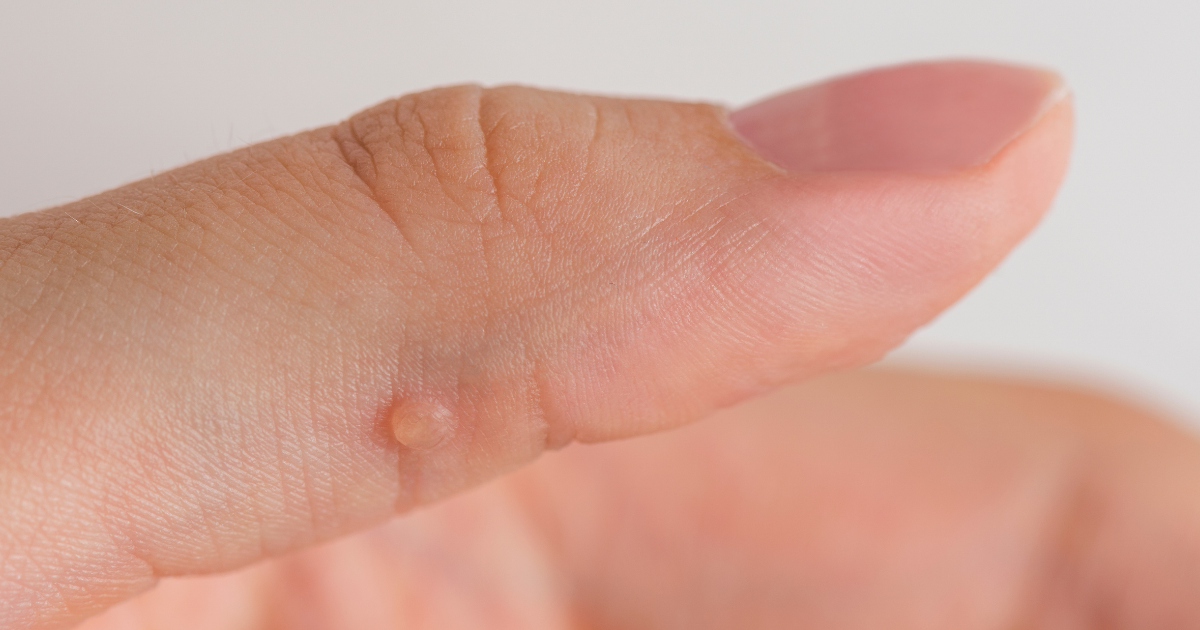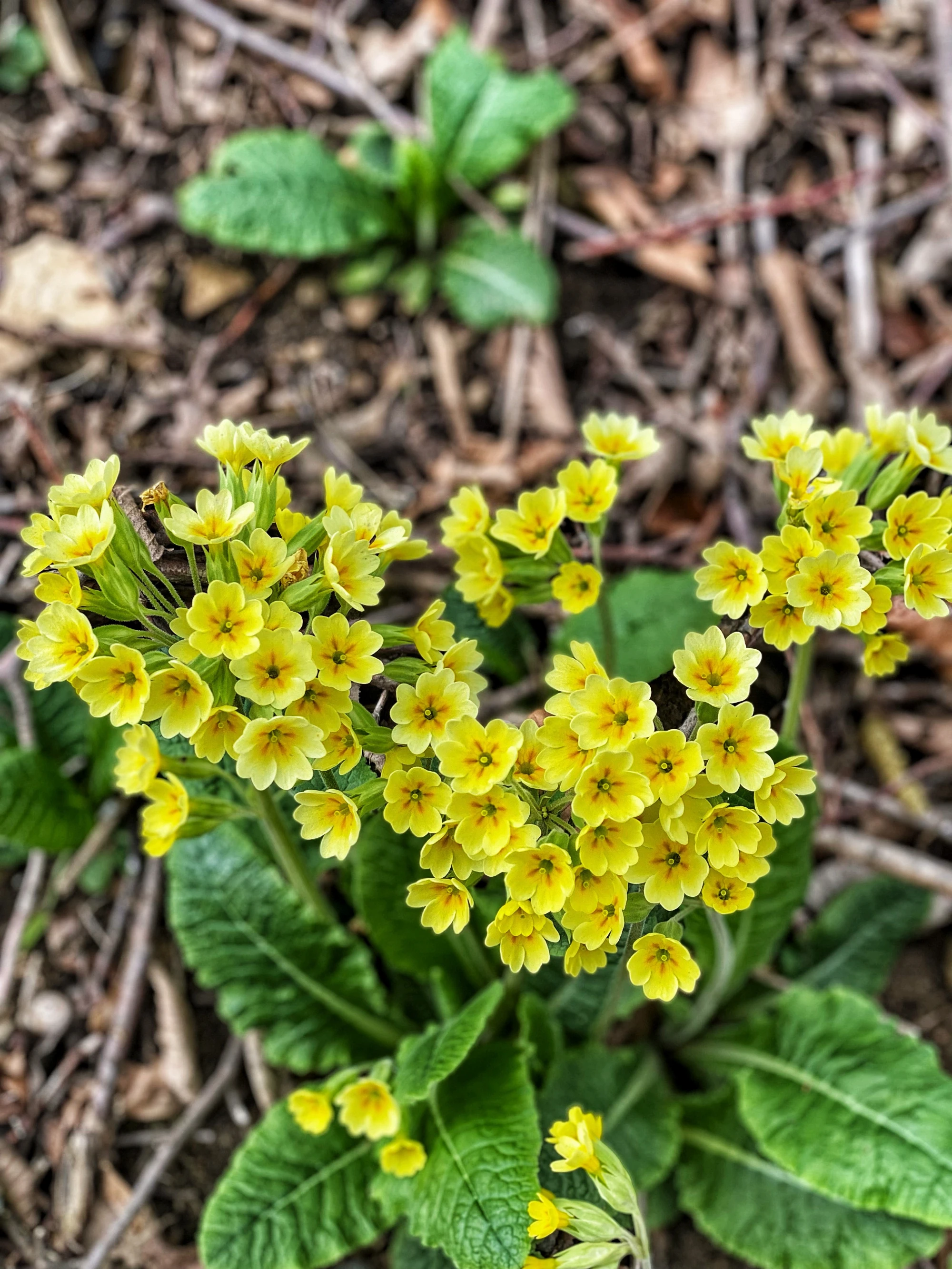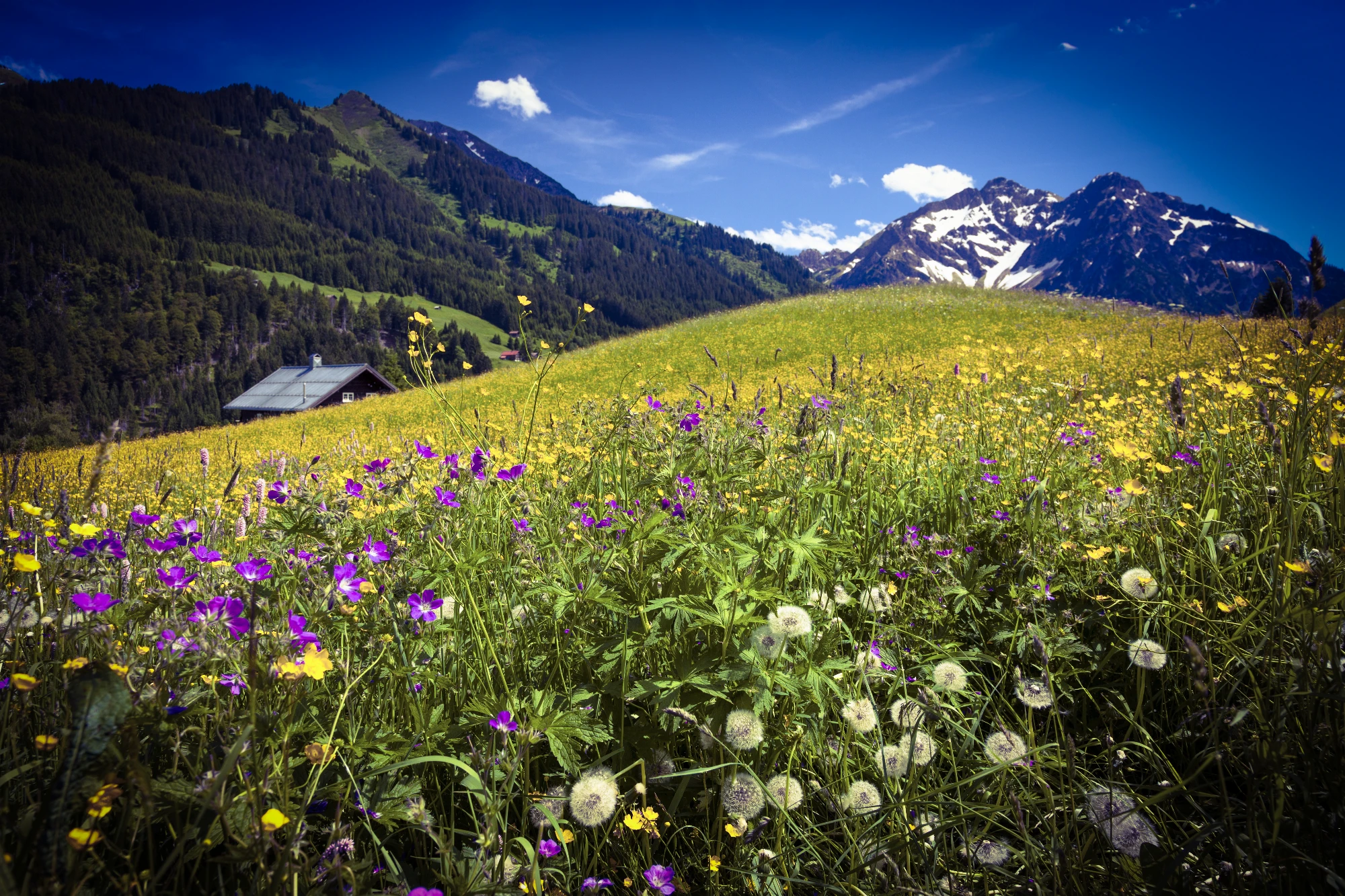Melissa, or Melissa officinalis, is probably one of the oldest and best known medicinal herbs in use today. Its areas of application and effects are wide-ranging and practically endless, which is why it was rightly crowned Medicinal Plant of the Year in 2006.
It was not only Hildegard von Bingen who so highly rated the power of melissa. The Romans also extolled its virtues for combating heart disease and spleen problems, but above all as food for bees. Melissa is very sweet, and this is reflected in its name – the Greek word mélissa means “as sweet as honey”.
A member of the labiate family of plants, melissa is native to the eastern Mediterranean region. It was not until the 11th century that it was introduced to Spain by the Arabs, but it has been cultivated in gardens ever since. This robust and unpretentious plant thrives in sunny, windless spots.
Melissa no doubt got its alternative name – “lemon balm” – on account of the light lemony scent the leaves give off if you crush them. It has a wide variety of healing powers. It relaxes the body, making it a good antistress remedy, is antispasmodic, calms a nervous stomach and strengthens a nervous heart. The bitter compounds in its essential oils promote digestion and reduce flatulence by ramping up the body’s stomach acid and bile production.
But melissa can not only be used internally. Applied externally it has an antibacterial and antiviral effect, which is why it’s used to treat fever blisters and is good for treating skin blemishes and greasy hair.
As the curative power of melissa’s essential oil is very weak, up to 7,000 kg of plant material is needed to produce 1 litre of essential oil.
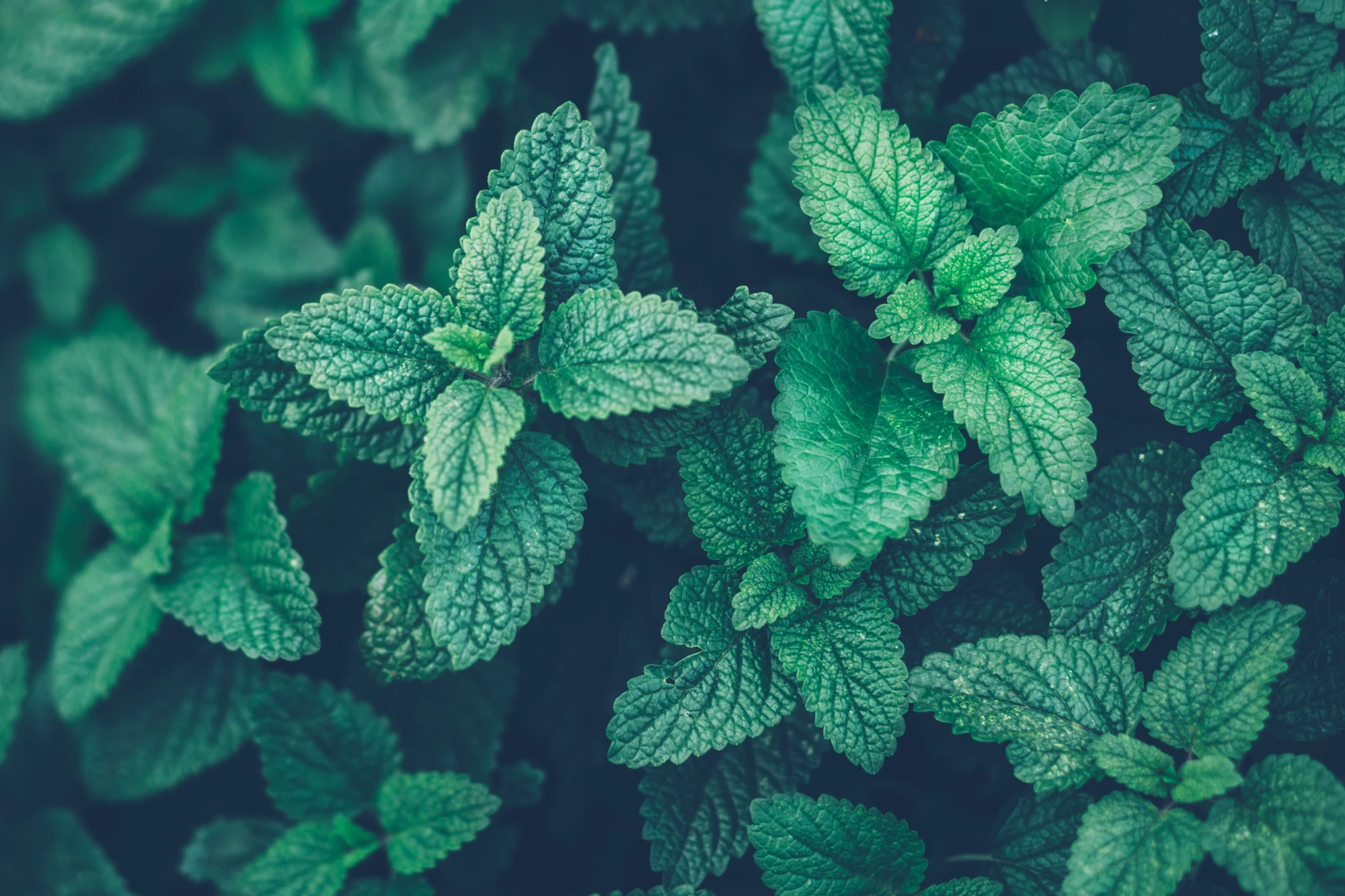
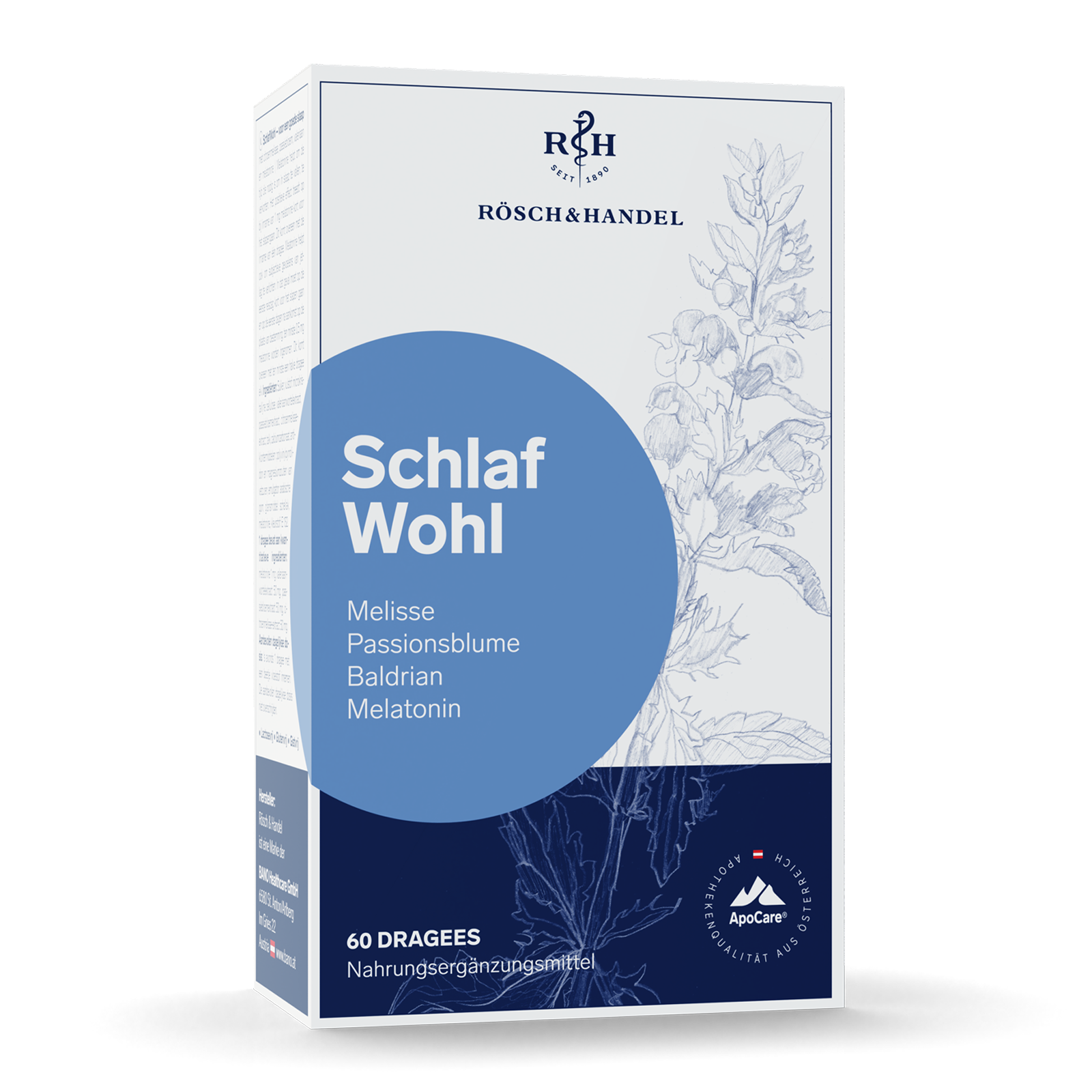
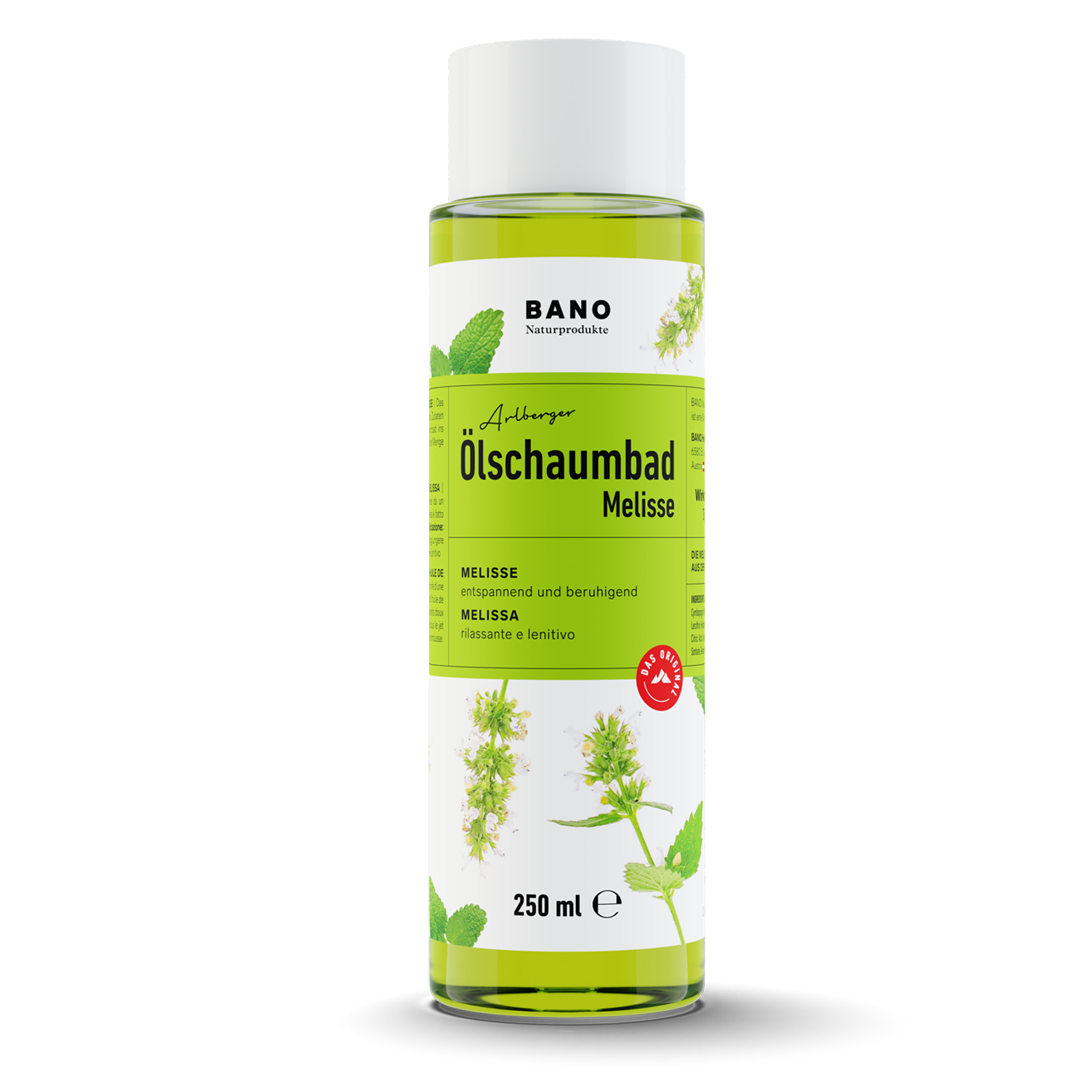

.png)
